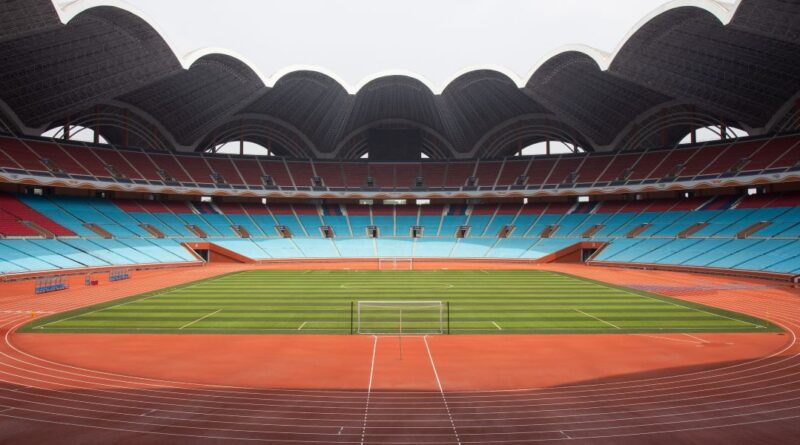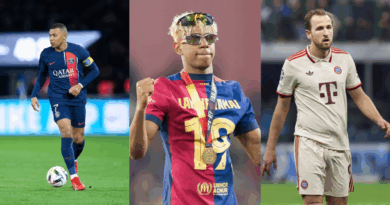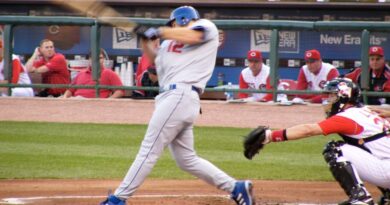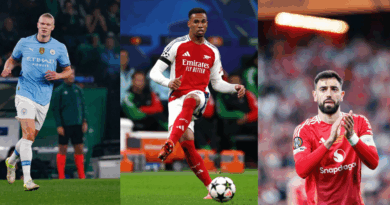Inside North Korea’s Secret Sports Obsession
From packed stadiums in Pyongyang to unexpected Olympic triumphs, North Korea’s athletes are quietly rewriting the story of a country better known for missiles than medals.
The passion behind the walls
It might be called the “Hermit Kingdom,” but North Korea’s love for sport is anything but hidden. Football, basketball, and weightlifting dominate the national stage, each game charged with a mix of pride and politics.
According to Topend Sports, the DPRK’s football association has been a FIFA member since 1958, making it one of the country’s oldest international ties.
The men’s national team stunned the world in 1966 by reaching the World Cup quarterfinals, while the women’s team ruled Asia in the early 2000s, clinching two AFC Women’s Asian Cups.
Read also: The world's most valuable forwards in 2025
At home, state media broadcasts local matches like blockbuster films, and the Rungrado May Day Stadium, the largest in the world, fills with roaring crowds for national tournaments.
Beyond propaganda
While outsiders often see sport in North Korea as propaganda, the reality is more layered.
Basketball thrives thanks to an unlikely source: Dennis Rodman. According to The Guardian, the former NBA star has made multiple trips to Pyongyang, mentoring players and befriending leader Kim Jong Un. His visits, bizarre to many, helped fuel a national craze for hoops in a country where few even own a TV.
“Despite North Korea’s political isolation, sports remain a universal language that connects the nation to the global athletic community,” said Robert J. Wood, founder of Topend Sports.
Read also: Liverpool’s ´tactical identity crisis: A team caught between two eras
And that connection matters, because for a brief moment, North Korean athletes compete as equals, not enemies.
Paris 2024: The comeback
After years of Olympic absences and sanctions, North Korea stormed back at the 2024 Paris Games, taking home six medals, two silver and four bronze.
The return wasn’t just about competition, it was about re-entry into the world.
The International Olympic Committee lifted the country’s suspension, insisting that qualified athletes must be allowed to compete, no matter the politics.
Read also: Ronaldo makes history as football’s first billionaire
Among the stars was veteran lifter Om Yun-chol, a five-time world champion who once broke his own world record in silence.
His silver medal in Paris reignited pride back home, proving that the country’s sports program, though isolated, still produces world-class talent.
Marathon dreams and muscle power
North Korea’s sporting past is packed with legends. Jong Song-ok remains a national hero for winning the marathon at the 1999 World Championships, while boxer Choe Chol-su’s Olympic gold in Barcelona ‘92 still features in patriotic montages.
The annual Pyongyang Marathon, open to select foreigners, is one of the few events where the outside world gets a glimpse of ordinary North Koreans cheering, smiling, and running together.
Read also: Claude Makélélé joins Miss Universe 2025 jury
For many, it’s the country’s most human moment, where sport briefly beats politics.
Political affair in disguise
There’s no question North Korea sees sport as more than just a game. It’s a stage, a way to show resilience, strength, and national unity.
Yet every medal also tells a story, of athletes who train behind closed doors, chasing global glory in a country that rarely looks outward.
For now, Pyongyang’s focus is clear, keep winning, keep the world watching, and remind everyone that even the most secretive nation can still surprise on the scoreboard.
Read also: Ranking the Highest-Paid Premier League Veterans
Sources: Reuters, BBC, AP, Topend Sports, IOC, FIFA, World Athletics




